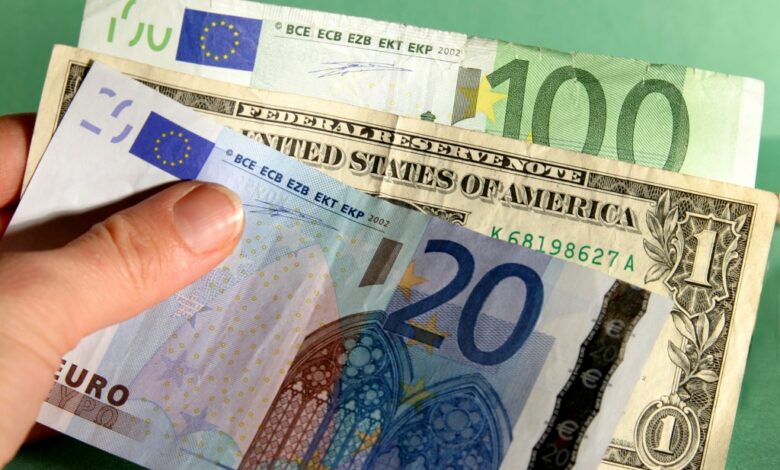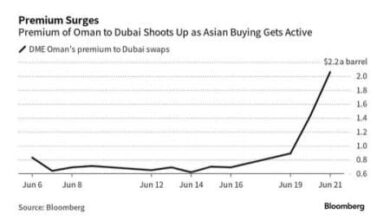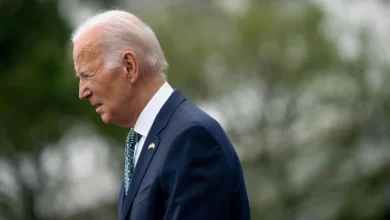Euro Sinks, US Dollar and Yen Surge as S&P Cuts Russia Rating to “Junk”

The Euro sank at the weekly trading open, shedding over 1 percent against the anti-risk US Dollar and Japanese Yen after Western powers sharply stiffened sanctions against Russia to punish it for the invasion of Ukraine. A partial ban on Russian entities’ use of the SWIFT bank correspondence system was accompanied by the far more dramatic freezing of the assets of the Central Bank of Russia.
These actions dramatically disrupt Russia’s access to the global financial system, disabling the CBR from defending the freefalling Ruble as well as cutting off the government from cross-border purchases and financing. Russia’s credit rating was promptly cut to “junk” by S&P Global Ratings, citing the “strong” sanctions. Moody’s Investor Service – another top rating agency – put Russia on review for a downgrade.
Risk appetite understandably collapsed as markets grappled with uncertainty about what is to come next. The Norwegian Krone and Swedish Krona suffered outsized losses given their home countries’ proximity to the crisis as well as their position in the regional economy. The similarly sentiment-sensitive Australian and New Zealand Dollars also fell.
A quiet Monday on the Asia-Pacific economic data docket offers little to disrupt the risk-off drive. Bellwether S&P 500 futures are tellingly pointing down close to 2 percent, implying a panicked mood. How markets fare from here seems to hinge almost entirely on Ukraine-related headlines. While the backdrop seems dire, traders ought to be on the lookout for de-escalation on the horizon.
RUSSIA-UKRAINE CRISIS MAY END QUICKLY, JOLTING MARKETS UPWARD
As noted previously, the current conflict draws close parallels to the 2008 Russo-Georgian War. Then too, Moscow sought put in a buffer zone between it and a former Soviet border state with its eyes on realignment to the West. That Russia has destroyed Ukrainian military infrastructure rather than capture it hints that it is not planning to stay, but rather to prevent Kyiv from trying to retake Luhansk and Donetsk after it has left.
The assault on broader Ukraine (that is, outside the eastern Donbas region) – including the Ukrainian capital of Kyiv – seems to fall within this narrative. Russia needs something to give up in the negotiations with the West once a ceasefire is agreed. Its current maneuvers set it up to trade withdrawal and de-escalation for an easing of sanctions, contingent on a mutual agreement to negotiate Luhansk and Donetsk “later”.
Such a result seems likely to be acceptable for all parties involved, at least in the near term. Moscow will have its buffer areas (for the time being), Kyiv will have been able to face down a Russian invasion without losing hold of power, and the West will be able to credibly assert that Putin was successfully repelled without NATO becoming involved militarily. Risk appetite may snap back quickly as such a scenario takes shape.



